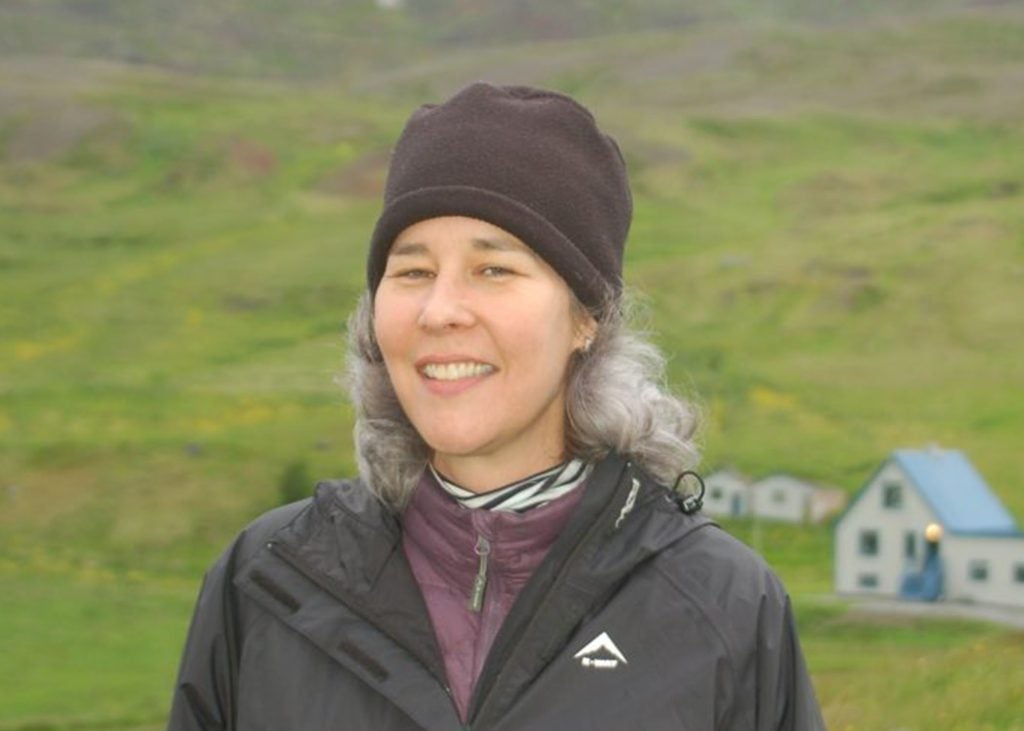
Professor of Environment and Sustainability; SEAS PhD/Postdoc Program Director
Pam Jagger is a Professor in the School for Environment and Sustainability at the University of Michigan. She is broadly trained as an applied political economist whose research focuses on the dynamics of poverty and environment interactions in low income countries. She leads the interdisciplinary Forest Use, Energy, and Livelihoods (FUEL) Lab, and is the Director of the National Science Foundation funded Energy Poverty PIRE in Southern Africa (EPPSA), a 5-year collaborative program to support research and training on the topic of energy access in Southern Africa. FUEL Lab research is currently organized around three themes: environment and livelihoods, environmental governance, and energy poverty. The first theme focuses on quantifying the role of forests and the other environmental resources in household consumption and income generation, and understanding how contributions change in response to land use land cover change, implementation of conservation and development projects (e.g., REDD+), and population dynamics. The second theme examines the livelihood impacts of changes in environmental governance and institutions on access to environmental goods and services. The third theme examines the effectiveness of interventions designed to mitigate energy poverty and improve access to electricity and cleaner cooking. FUEL Lab research on energy access involves collaborations with environmental engineers and epidemiologists to quantify changes in household air pollution exposure resulting from household energy interventions and their implications. Jagger has worked as a policy research scholar with the World Bank, Resources for the Future, the International Food Policy Research Institute, and the Center for International Forestry Research. Her food related research and engagement includes research on the effectiveness of policies for sustainable land management in East Africa, research on the health and welfare impacts of wood fuel production and consumption, and strategies for improving access to cleaner cooking for poor and ultra-poor households in sub-Saharan Africa and Southeast Asia. She is a member of the Clean Cooking Implementation Science Network convened by the National Institutes of Health.


